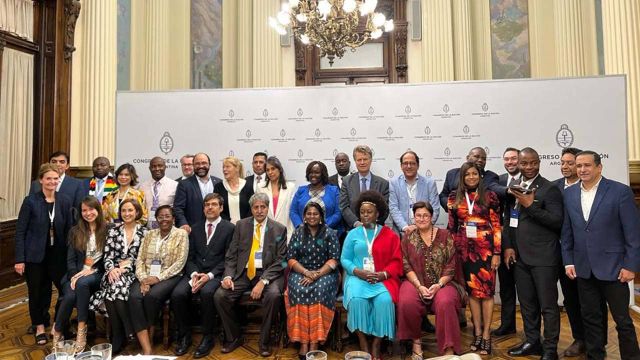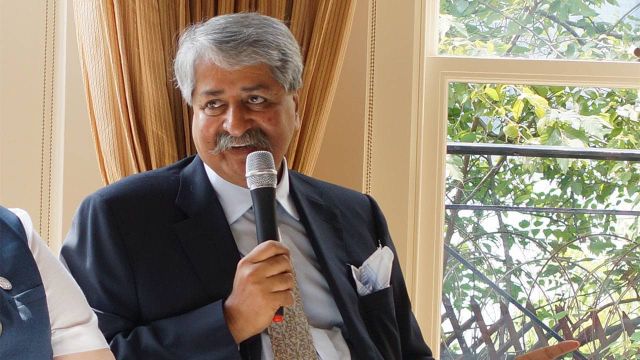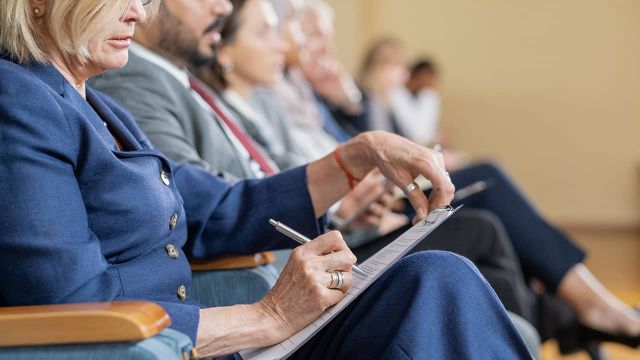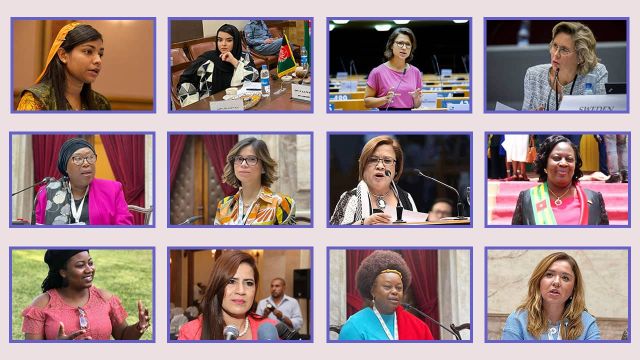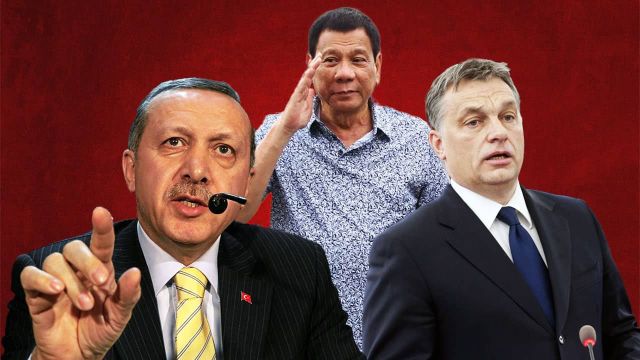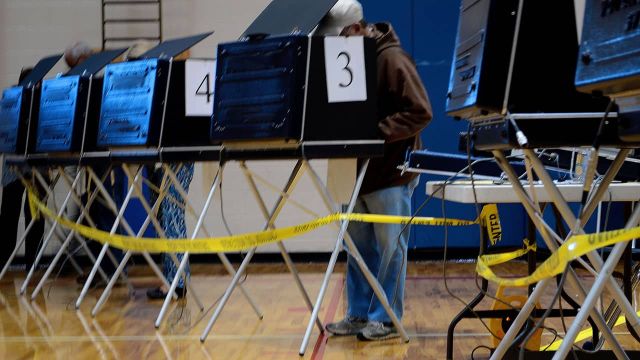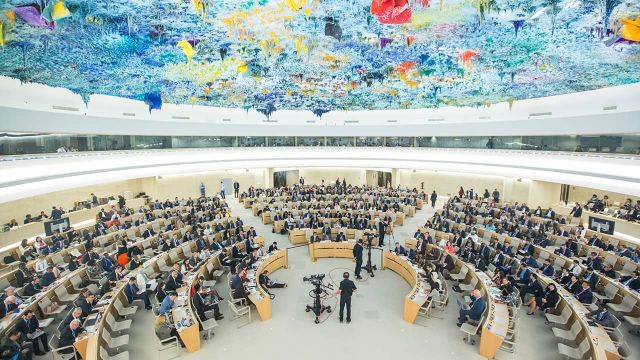Misinformation is false or inaccurate information (e.g., rumors, insults, and pranks). Disinformation is a subset of propaganda, and incorrect information is deliberately spread to deceive people, often sparking fear. This has a severe risk of entrenching polarization and social fractures, which produces more violence and a reluctance from opposing parties to listen to each other to take concerted action. Disinformation, as a result, infringes upon pluralism, which is an essential feature of democracy.
2.1 Types of misinformation and disinformation1
- Fabricated Content: False content;
- Manipulated Content: Genuine information or imagery that has been distorted, e.g., a sensational headline or populist ‘clickbait’;
- Imposter Content: Impersonation of genuine sources, e.g., using the branding of an established agency;
- Misleading Content: Misleading information, e.g., comment presented as fact;
- False Context: factual accurate content combined with incorrect contextual information, e.g., when the headline of an article does not reflect the content;
- Satire and Parody: Humorous but false stories passed off as true. There is no intention to harm, but readers may be fooled;
- False Connections: When headlines, visuals, or captions do not support the content;
- Sponsored Content: Advertising or PR disguised as editorial content;
- Propaganda: Content used to manage attitudes, values, and knowledge;
- Error: A mistake made by established new agencies in their reporting.
Case studies
2.2 How does propaganda undercut perceptions of reality?
- People are poor judges of true versus false information and do not necessarily remember that particular information was incorrect.
- Information overload leads people to take shortcuts in determining the trustworthiness of messages.
- Familiar themes or messages can be appealing, even if they are false.
- Statements are more likely to be accepted if backed by evidence, even if that evidence is false.
- Peripheral cues—such as an appearance of objectivity—can increase the credibility of propaganda.
Technology evolves very rapidly, while parliaments and parliamentarians don’t. The bureaucracy within parliaments prevents parliamentarians from processing pertinent information, introducing, debating, and adopting laws in the same period of technological evolution. This gap does not mean that there is nothing to be done.
Legislative responses to disinformation may include:3
- Reviewing and adapting law-related responses to disinformation to align these with international human rights standards (especially freedom of expression, including access to information and privacy rights) and making provisions for monitoring and evaluation;
- Developing mechanisms for independent oversight and evaluating the efficacy of relevant legislation, policy, and regulation;
- Developing tools for independent oversight and evaluating internet communication companies’ practices in fulfilling legal mandates in tackling disinformation;
- Avoiding the criminalization of disinformation to ensure that legitimate journalism and other public interest information are not caught in the nets of “fake news” laws;
- Avoiding the disproportionate use of internet shutdowns and social media restrictions as mechanisms to tackle disinformation;
- Passing legislation or regulation responding to disinformation crises, like the COVID-19 disinfodemic, is necessary, proportionate, and time-limited; and
- Building an enabling legal environment that can support investment in strengthening independent media, including community and public service media, in the context of the economic impacts of the COVID-19 crisis.
2.3 Social Media and dangerous speech undermining democracy
Disinformation and the proliferation of fake profiles prevent individuals who attack others on social media from being held accountable for dangerous or hate speech. Impunity emboldens perpetrators. There is an ongoing debate between some who support anonymity to protect human rights defenders, dissidents, whistleblowers, and other vulnerable groups to protect other inalienable rights such as privacy and freedom of expression, and some who think that anonymity empowers individuals to use hate speech, misinform, harass, and bully on social media.
Arguments are valid on both sides, but on a practical level, enforcing a “real identity” policy across social media platforms worldwide is technically very challenging and would be detrimental to already marginalized vulnerable populations. Additionally, domestic legislation would not impact comments made in other countries, including by individuals using location-spoofing technology.
From a substantive point of view, laws on incitement to violence or hate speech are different for each country or even, in some, nonexistent.
2.4 Gendered disinformation4
Disinformation can be defined as false information deliberately created to harm a person, social group, organization, or country. The false character of the data can also result from ‘manipulated information’ - disinformation campaigns often rely on accurate, distorted, or emotional content that does not have a truth value. Gendered disinformation then attacks or undermines people based on gender or weaponizes gendered narratives for political, social, or economic objectives.
The concept of gendered disinformation means any false and manipulated information that intends to cause harm to women or people of diverse genders and sexualities. Gendered disinformation campaigns often target individuals with higher public status or positions, such as politicians, CEOs, public advocates, journalists, etc. According to Professor Alana Moceri (IE School of Global and Public Affairs), gendered disinformation delegitimizes women’s participation in political life, undermining democracy and human rights worldwide. Disinformation harms gender-diverse people as it takes on disinformation, which may escalate to hate-based crimes and killings in hostile environments against gender diversity and sexuality.
Rather than directly attacking women’s policy decisions, stereotypical gender characteristics and physical appearance are used to challenge female politicians. It ultimately aims to paint the picture that women are unfit for leadership. It portrays women nominated or assigned higher public offices as unworthy/undeserving/incompetent of such a position, undermining their ability to lead. Consequently, this discourages other women from pursuing political careers or higher positions.
Ana Blatnik’s blog, An Overlooked Threat To Democracy? Gendered Disinformation About Female Politicians5 suggests the following that can be considered as the following steps to addressing this issue:
- “Find fact-checking websites relevant to your region and topics of interest. For example, if interested in European Union politics, the EU Fact Check looks at the accuracy of political statements about current issues.
- If available, always check multiple sources on the same topic when reading the news.
- Look into and support organizations recognizing that gendered disinformation is a problem and advocating for solutions. An example is the EU Disinfo Lab, which has studied and written about gendered disinformation campaigns to highlight the issue.
- Research ways to bring up the issue to relevant authorities in your country of residence and challenge your public representatives on what they have done to address disinformation and support women politicians who are the targets of disinformation campaigns.
- Most importantly, continue to educate yourself about gender stereotypes and biases so you can recognize them when interacting with news about women politicians online, especially during election periods. The Women in International Security website has a Resources page that may be a good starting point in that regard.”
On August 7, 2023, at the 78th session of the United Nations General Assembly, the United Nations Special Rapporteur on the Promotion and Protection of the Right to Freedom of Opinion and Expression, Ms. Irene Khan, presented the most recent report on “Gendered Disinformation.” The report explores the negative impact of gendered disinformation, especially on women and gender non-conforming persons, and its implications for the right to freedom of expression. The report seeks to clarify the distinct nature of gendered disinformation, which is both a strategy to silence the free expression of women and gender-nonconforming persons and a threat to their safety and health, as well as a possible form of online gender-based violence.
Recommendations for parliamentarians10
- Intensify collaboration between states and platforms in parliamentary committees or hearings;
- Approve laws and policies that increase transparency, which is crucial in regulating digital disinformation;
- Removal of manipulated material must be coherent and well-defined. Manipulated material and deep fakes must be addressed to avoid its potential implications on democratic elections. Definitions of illegal should focus on illicit intent and content that has been manipulated to an extent where it is not evident to the viewer;
- Educational material should accompany legislation and voluntary restrictions; and
- Allocation of funds to awareness raising and education campaigns.
PGA established a Global Parliamentary Code of Democratic Conduct, a self-regulation mechanism. Legislator-signatories pledge to refrain from propagating misinformation, disinformation, and using dangerous speech. Legislators and civil society alike may use this important accountability tool, which may also serve as a policy roadmap for government institutions, parliamentary committees, or political parties.
The misuse of social media to harass individuals has prevented the full civic participation of sexual and gender minorities. There is a need to increase representation and inclusion of vulnerable and marginalized populations, including women.
2.5 Disinformation campaigns
Case studies
Footnotes:
1 United Nations High Commissioner for Refugees, Using Social Media in Community Based Protection: A Guide, Factsheet 4: Types of Misinformation and Disinformation.
2 Christopher Paul, Miriam Matthews, The Russian "Firehose of Falsehood" Propaganda Model.
3 Broadband Commission for Sustainable Development, Balancing Act: Countering Digital Disinformation While Respecting Freedom of Expression, published by International Telecommunication Union (ITU), September 2020.
4 Internet Governance Forum, Best Practice Forum on Gender and Digital Rights Exploring the concept of gendered disinformation, 2021.
5 Ana Blatnik, An Overlooked Threat To Democracy? Gendered Disinformation About Female Politicians, published by Women in International Security.
6 Gabriel R. Sanchez and Keesha Middlemass, Misinformation is eroding the public’s confidence in democracy, 26 July 2022.
7 Cf. Brandenburg test established in Brandenburg v. Ohio, 395 US 444 (1969).
8 C. Ian DeHaven, Disinformation as a Tool of Regime Survival in Tunisia, 21 July 2023, Arab Center Washington DC.
9 Agustina Del Campo, Disinformation Is Not Simply a Content Moderation Issue, Carnegie Endowment for International Peace, Published October 19, 2021.
10 Christoffer Waldemarsson, Disinformation, Deepfakes & Democracy, published by The Alliance of Democracies Foundation, 27 April 2020.
11 C. Ian DeHaven, Disinformation as a Tool of Regime Survival in Tunisia, published by the Arab Center Washington DC, 21 July 2023.
12 Slovakia swamped by disinformation ahead of parliamentary elections, published on 28 September 2023 by France24.
13 Laura King, Will Hungary’s Orban be the wedge Putin drives between Western allies?, published on 9 April 2022 by the Los Angeles Times.
14 Ben Sando, Taiwan Local Elections Are Where China’s Disinformation Strategies Begin, published on 4 October 2022 by Council of Foreign Relations.




